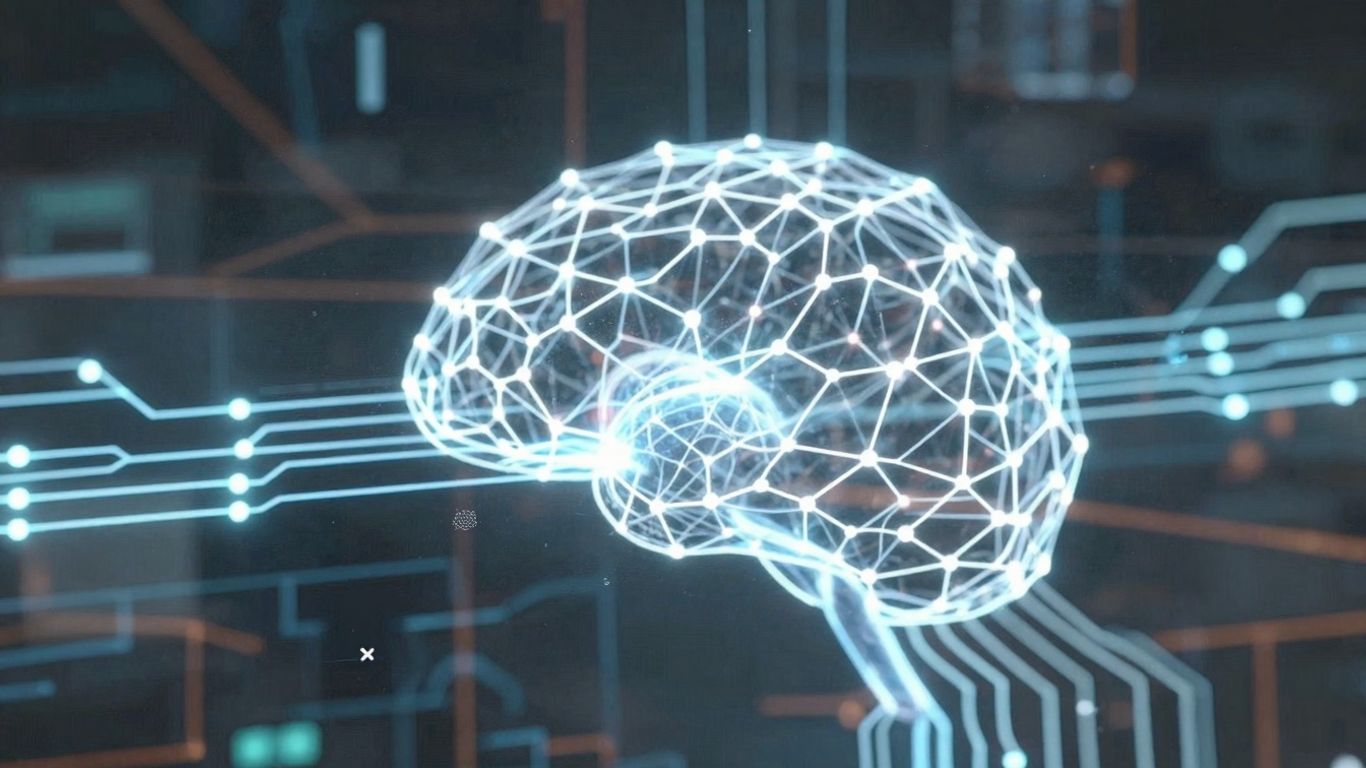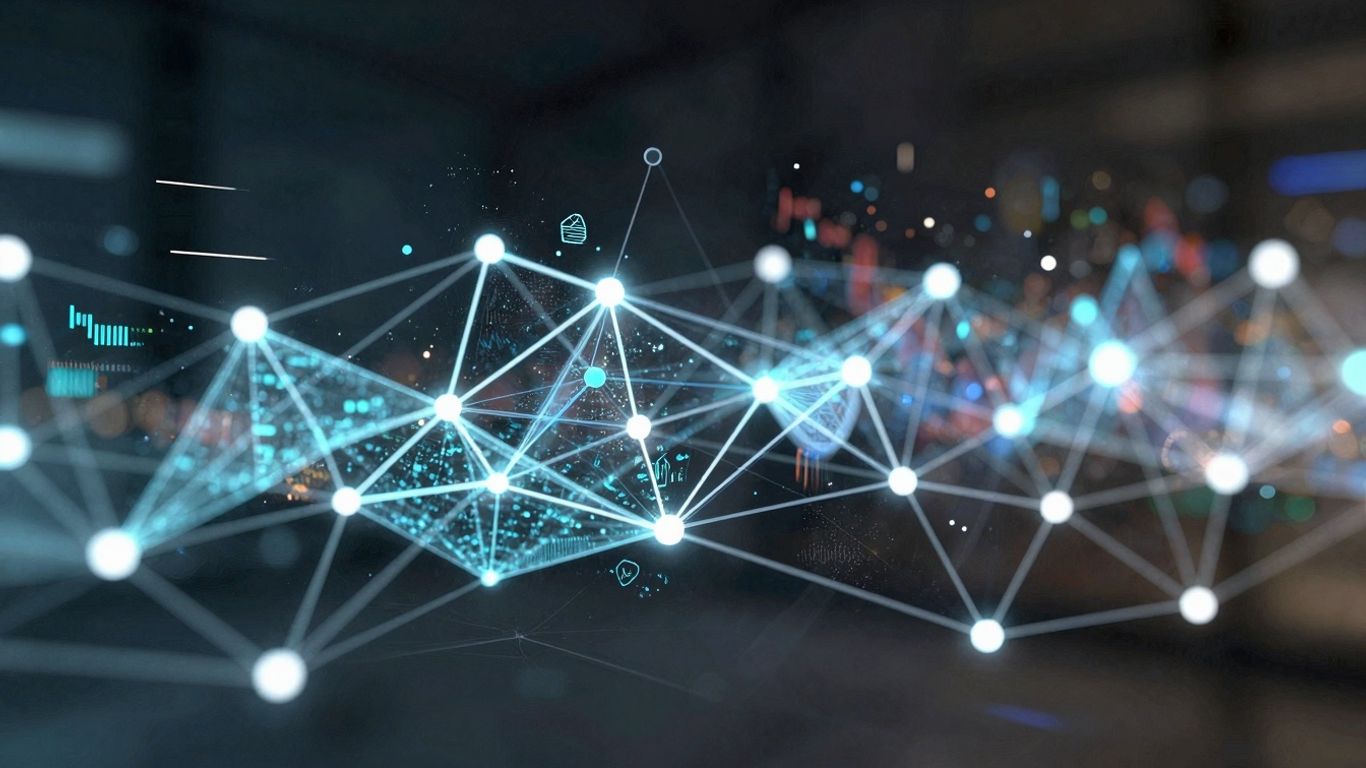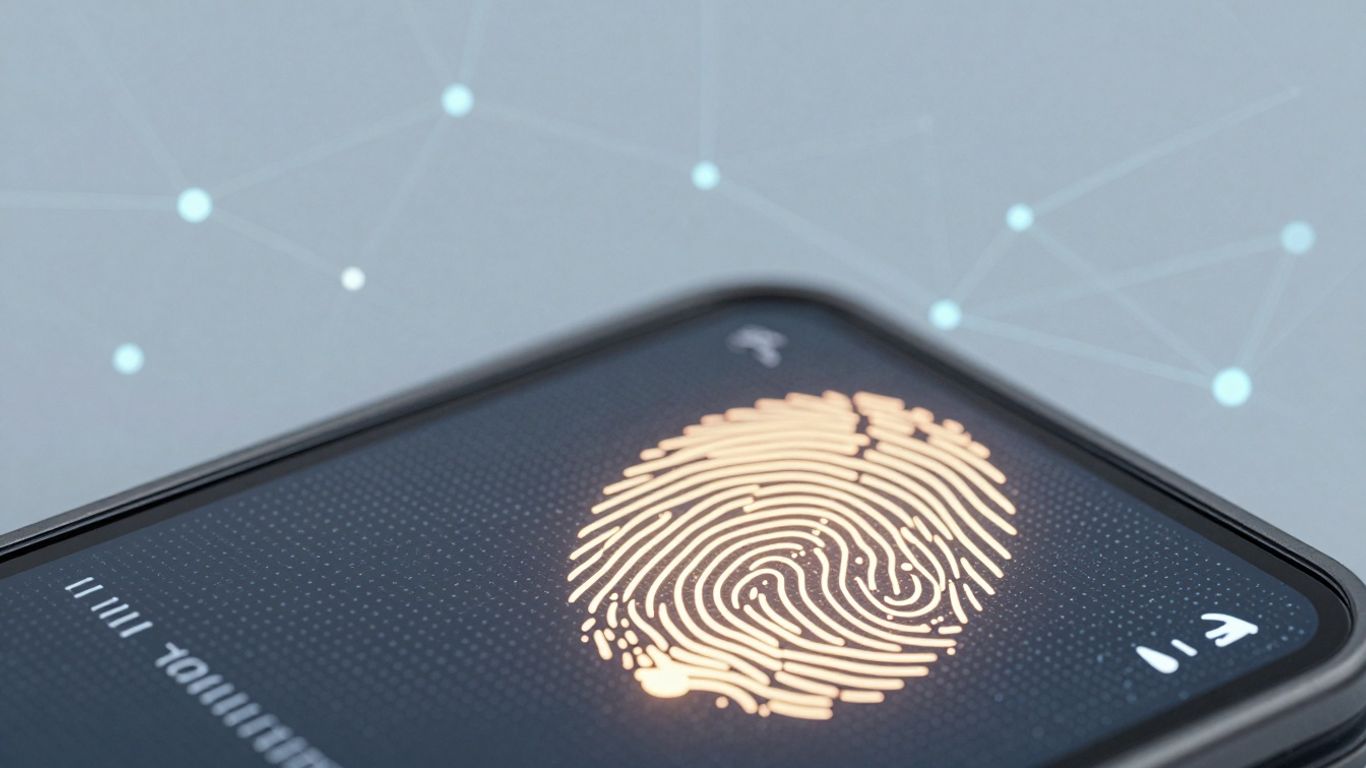[ newsletter ]
Stay ahead of Web3 threats—subscribe to our newsletter for the latest in blockchain security insights and updates.
Thank you! Your submission has been received!
Oops! Something went wrong. Please try again.
Explore AI security measures in cryptocurrency, enhancing fraud detection and ethical standards for safer transactions.





As cryptocurrencies continue to gain traction, the need for robust security measures becomes increasingly critical. Enter AI security measures, which are revolutionizing the way we protect digital assets. These technologies not only enhance transaction security but also play a vital role in detecting fraud and ensuring compliance with regulations. However, the integration of AI into cryptocurrency security also raises ethical questions and challenges that must be addressed. This article explores the various dimensions of AI security measures in the crypto space, shedding light on their benefits, risks, and future prospects.
AI is changing how we check crypto transactions. Instead of just relying on old methods, AI can look at patterns and details that humans might miss. This means fewer fake transactions get through. It's like having a super-smart detective watching every move. AI algorithms can analyze transaction data in real-time, flagging suspicious activities and reducing the risk of fraud. This leads to a more secure and trustworthy cryptocurrency environment.
Real-time monitoring is now possible with AI. It keeps an eye on everything happening in the crypto world, all the time. If something looks strange, AI can spot it right away. This helps stop problems before they get too big. AI-powered systems can detect and respond to threats as they emerge, providing a proactive defense against cyberattacks.
AI's ability to learn and adapt makes it a powerful tool for monitoring cryptocurrency transactions. It can quickly identify and respond to new threats, keeping the system secure.
Security needs to change as new threats appear. AI can help with this by making security protocols that adapt to different situations. This means the system is always ready for whatever comes next. It's like having a security system that learns and gets better over time. AI can dynamically adjust security measures based on the detected threat, optimizing network traffic and prioritizing legitimate transactions.
| Feature | Description <table_data>
AI is changing how we fight fraud in the crypto world. It's not just about catching the bad guys after they've already done something wrong; it's about stopping them before they even start. AI's ability to analyze huge amounts of data and spot patterns that humans would miss is a game-changer. But it's also a double-edged sword, as criminals are also finding ways to exploit AI for their own purposes.
AI can predict fraud by looking at past transactions and identifying factors that are likely to lead to fraudulent activity. This is like having a crystal ball that can show you where the risks are before they become problems.
Here's how it works:
Machine learning (ML) algorithms are at the heart of AI's fraud detection capabilities. These algorithms can learn from data and improve their accuracy over time. They can also adapt to new types of fraud as they emerge. ML algorithms can monitor blockchain activities and provide real-time alerts.
Here are some examples of how ML algorithms are used in fraud detection:
There have been many cases where AI has successfully detected and prevented fraud in the crypto space. For example, AI has been used to identify and shut down phishing scams, detect money laundering, and prevent insider trading. These case studies show that AI is a powerful tool for fighting fraud, but it's not a silver bullet. It needs to be used in conjunction with other security measures, such as strong passwords and two-factor authentication.
AI is not a perfect solution, and it can be fooled by clever criminals. However, it is a valuable tool that can help to reduce the risk of fraud in the crypto world. It's important to stay up-to-date on the latest AI security measures and to use them in conjunction with other security best practices.
It's easy to get caught up in the excitement of new tech, but we can't forget about the ethics. When it comes to AI in crypto security, being upfront about how it's used is super important. People need to know what data is being collected, how it's being analyzed, and what decisions are being made based on that analysis. If things are too opaque, trust erodes quickly. Think about it – would you trust a system that you don't understand?
AI can be a powerful tool, but it also raises some serious privacy concerns. We're talking about algorithms that can track transactions, identify patterns, and even predict behavior. It's vital to put safeguards in place to protect people's personal information. This means things like:
It's not just about following the rules; it's about doing what's right. We need to build AI systems that respect people's privacy and don't infringe on their rights. It's a tricky balance, but it's one we have to strike.
What happens when an AI system makes a mistake? Who's responsible? These are tough questions, but we need to have answers. We need to establish clear accountability mechanisms for AI systems used in crypto security. This could involve things like:

It's pretty clear that crypto isn't confined to one country, so security can't be either. We need to work together across borders to make sure AI is used safely and effectively in crypto security. It's a big task, but it's super important.
Getting everyone on the same page is tough, but it's the only way to make sure AI security measures are actually effective. We need common rules for how AI is used in crypto, so criminals can't just exploit loopholes in different countries. Think of it like traffic laws – they work best when everyone follows the same ones. The SEC is trying to regulate crypto securities, but more needs to be done.
Just having rules isn't enough; countries need to actually work together. That means sharing information about threats, coordinating investigations, and helping each other develop better AI security tools. It's like a neighborhood watch, but on a global scale. Here are some ways to improve cooperation:
Governments can't do this alone. Crypto companies, AI developers, and security experts all need to be involved. They have the knowledge and experience to help shape effective regulations and develop innovative security solutions. It's about creating a partnership where everyone benefits. The goal is to enhance international cooperation to combat financial crimes.
It's important to remember that AI is constantly evolving. Regulations and security measures need to keep up. This means ongoing dialogue between governments, industry, and experts to adapt to new threats and opportunities. If we don't, we'll always be one step behind the criminals.
The crypto world is changing fast, and AI is right there in the middle of it. We're seeing new AI tools pop up all the time, promising better security. Think about it: AI that can learn and adapt to new threats almost instantly. It's not just about reacting anymore; it's about predicting what's coming next. For example, AI-driven DeFi is becoming more common, which could change how we handle decentralized finance.
Criminals are smart, and they're not going to sit still while we improve security. They're already looking at how to use AI to their advantage. That means we need to be one step ahead, thinking about how they might try to exploit AI. It's like a game of chess, but with much higher stakes. We need to anticipate their moves and develop countermeasures before they even make them. This includes:
Policymakers have a big role to play in all of this. They need to create rules and guidelines that encourage innovation while also protecting people from harm. It's a tough balancing act, but it's essential for the long-term health of the crypto industry. Here are some things they should consider:
It's important to remember that AI is a tool, and like any tool, it can be used for good or for bad. The key is to make sure we're using it responsibly and ethically. That means thinking about the potential consequences of our actions and taking steps to mitigate any risks.
Here's a simple table showing the potential impact of AI on crypto security:

AI is changing how we handle threats to crypto networks. Instead of relying on static security measures, AI allows for a dynamic threat response that adapts in real-time. This means the system can automatically adjust security protocols based on the type and severity of the threat detected. For example, if a DDoS attack is detected, AI can automatically reroute traffic or increase server capacity to mitigate the impact. This proactive approach is way more effective than waiting for an attack to cause damage before reacting. AI-driven systems can also learn from past attacks to better anticipate and prevent future ones. Automated incident response ensures blockchain networks integrity.
Network partitioning is a technique where a network is divided into smaller, isolated segments. This can be incredibly useful in containing security breaches. If one part of the network is compromised, the breach can be isolated to that segment, preventing it from spreading to the rest of the network. AI can automate this process by dynamically creating and managing these partitions based on real-time threat assessments. For example, if AI detects suspicious activity on a particular node, it can automatically isolate that node from the rest of the network. AI can create partitions in the blockchain network to prevent the spread of security breaches and recover from attacks more quickly.
Even with the best security measures, breaches can still happen. That's where AI-driven recovery protocols come in. These protocols are designed to quickly and efficiently restore a network to a secure state after a breach. This might involve:
AI can also help with forensic analysis after a breach, identifying the root cause and helping to prevent similar incidents in the future. The goal is to minimize downtime and data loss, and to ensure that the network is quickly back up and running securely. Smart contract auditing tools provide real-time feedback to developers.
AI's rise in the crypto world is a bit of a mixed bag. On one hand, it brings powerful tools for defense. On the other, it opens doors for new kinds of attacks. It's like giving both sides in a chess game super-powered pieces. Let's break down how this plays out.
AI offers amazing potential for improving crypto security. It can automate threat detection, respond faster to incidents, and even predict future attacks. However, this same technology can be used by criminals to bypass security measures, create sophisticated scams, and launder money more effectively. The key is to stay ahead of the curve, constantly updating security protocols and developing new AI-powered defenses.
Criminals are already using AI to their advantage. They can use it to create convincing phishing scams, analyze blockchain data to identify vulnerabilities, and even automate attacks on crypto exchanges. It's a constant game of cat and mouse, with each side trying to outsmart the other. The adaptability of AI systems offers criminals new methods to bypass traditional detection mechanisms.
To deal with the risks, we need a multi-pronged approach:
It's important to remember that AI is just a tool. It can be used for good or for evil. It's up to us to make sure that it's used to protect the crypto ecosystem, not to destroy it.
Here's a simple table illustrating the dual nature of AI in crypto security:
In conclusion, the role of AI in crypto security is a mixed bag. On one hand, it brings some serious tools to the table that can help protect against fraud and other threats. But on the flip side, it also gives bad actors new ways to exploit weaknesses. As we move forward, it’s clear that staying ahead of these challenges will require constant updates to our security measures and a commitment to ethical practices. Collaboration between regulators and the crypto industry will be key to finding that balance. Ultimately, the future of crypto security will depend on how well we can harness AI's potential while keeping the risks in check.
AI security measures in cryptocurrency involve using artificial intelligence to protect digital transactions and assets from fraud and cyberattacks.
AI improves transaction verification by analyzing patterns and behaviors in transactions to quickly identify any unusual or suspicious activity.
Yes, AI can detect fraud by using predictive analytics and machine learning to spot potential risks and unusual behaviors in transactions.
Ethical issues include concerns about privacy, transparency in how AI is used, and ensuring accountability for decisions made by AI systems.
Countries can collaborate by creating shared regulations and guidelines for using AI in cryptocurrency, helping to combat financial crimes across borders.
Future trends may include advanced AI technologies for real-time monitoring, better fraud detection methods, and improved strategies to counteract new criminal tactics.


